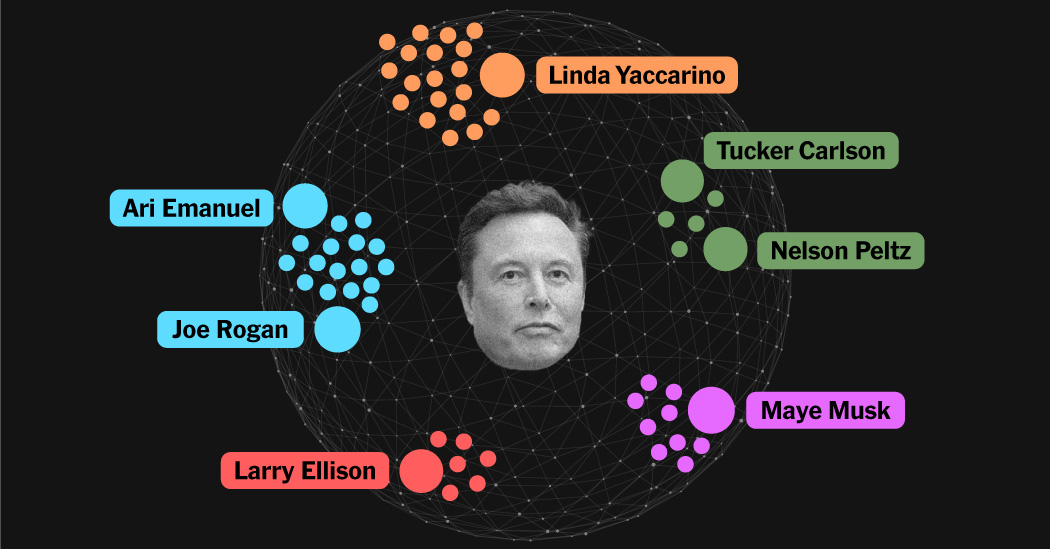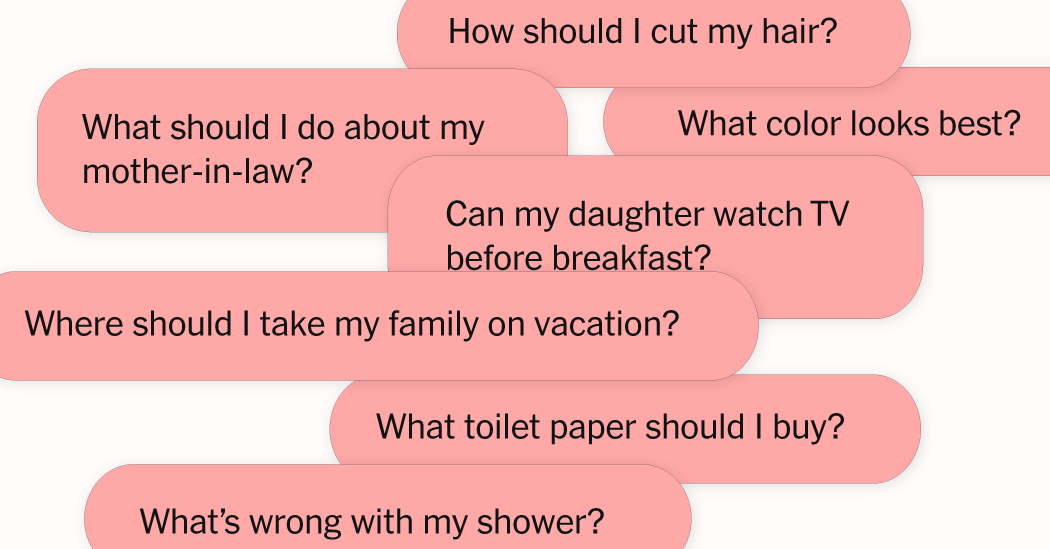The Supreme Court handed the Biden administration a major practical victory on Wednesday, rejecting a challenge to its contacts with social media platforms to combat what administration officials said was misinformation.
The court ruled that the states and users who had challenged the contacts had not suffered the sort of direct injury that gave them standing to sue.
The decision, by a 6 to 3 vote, left fundamental legal questions for another day.
“The plaintiffs, without any concrete link between their injuries and the defendants’ conduct, ask us to conduct a review of the yearslong communications between dozens of federal officials, across different agencies, with different social-media platforms, about different topics,” Justice Amy Coney Barrett wrote for the majority. “This court’s standing doctrine prevents us from exercising such general legal oversight of the other branches of government.”
Justice Samuel A. Alito Jr, joined by Justices Clarence Thomas and Neil M. Gorsuch, dissented.
“For months,” Justice Alito wrote, “high-ranking government officials placed unrelenting pressure on Facebook to suppress Americans’ free speech. Because the court unjustifiably refuses to address this serious threat to the First Amendment, I respectfully dissent.”
The case arose from a barrage of communications from administration officials urging platforms to take down posts on topics like the coronavirus vaccine and claims of election fraud. The attorneys general of Missouri and Louisiana, both Republicans, sued, saying that many of those contacts violated the First Amendment.
Judge Terry A. Doughty of the Federal District Court for the Western District of Louisiana agreed, saying the lawsuit described what could be “the most massive attack against free speech in United States’ history.”
Judge Doughty, who was appointed by President Donald J. Trump, issued a 10-part injunction that prohibited countless officials from “threatening, pressuring or coercing social media companies in any manner to remove, delete, suppress or reduce posted content of postings containing protected free speech.”
A unanimous three-judge panel of the U.S. Court of Appeals for the Fifth Circuit, in New Orleans, narrowed the injunction, but not by much.
The panel, in an unsigned opinion, said that administration officials had become excessively entangled with the platforms or used threats to spur them to act. The panel entered an injunction forbidding many officials to coerce or significantly encourage social media companies to remove content protected by the First Amendment.
The revised injunction said officials “shall take no actions, formal or informal, directly or indirectly, to coerce or significantly encourage social media companies to remove, delete, suppress or reduce, including through altering their algorithms, posted social media content containing protected free speech.”
Two members of the panel, Judges Edith B. Clement and Jennifer W. Elrod, were appointed by President George W. Bush. The third, Judge Don R. Willett, was appointed by Mr. Trump.
The Biden administration filed an emergency application in September asking the Supreme Court to pause the injunction, saying that the government was entitled to express its views and to try to persuade others to take action.
The court granted the administration’s application, put the Fifth Circuit’s ruling on hold and agreed to hear the case, Murthy v. Missouri, No. 23-411.
Three justices dissented from the September ruling. “Government censorship of private speech is antithetical to our democratic form of government, and therefore today’s decision is highly disturbing,” Justice Alito wrote, joined by Justices Clarence Thomas and Neil M. Gorsuch.







